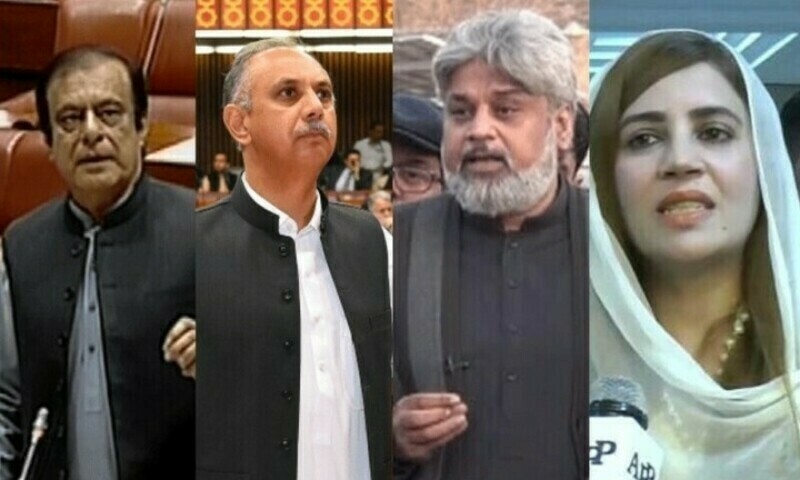In a dramatic political development, the Election Commission of Pakistan (ECP) disqualified nine lawmakers on Tuesday. These included prominent opposition leaders from both the National Assembly and the Senate. The disqualifications followed convictions in cases linked to the May 9 riots.
Key Lawmakers Disqualified
The ousted politicians include:
-
NA Opposition Leader Omar Ayub
-
Senate Opposition Leader Shibli Faraz
-
Zartaj Gul and Rai Haider Ali Khan
-
Sunni Ittehad Council chief Hamid Raza, a key PTI ally
The ECP’s notification declared their seats vacant, paving the way for upcoming by-elections.
Legal and Political Reactions
PTI parliamentary leader Barrister Syed Ali Zafar criticized the move as a “disqualification spree.” He highlighted concerns about procedural inconsistencies and disqualifications based on non-final convictions. According to Zafar:
-
The ECP should not act as a trial or appellate court.
-
Presumption of innocence must be maintained until all legal remedies are exhausted.
-
Disqualifications should only follow conclusive judicial declarations.
Implications for Democracy and Accountability
The disqualifications have ignited debates about the ECP’s role, selective accountability, and institutional overreach. Observers warn that such actions could undermine democratic principles and judicial independence.
Transition words help show the flow: However, disqualifying politicians on ongoing cases can erode public trust. Moreover, these actions set important precedents for the balance between political power and legal accountability.
Looking Ahead
As Pakistan’s political landscape evolves, the future of the disqualified lawmakers remains uncertain. These events emphasize the need for:
-
Transparent electoral processes
-
Adherence to constitutional principles
-
Robust legal frameworks
Ultimately, the delicate interplay between legal proceedings and political consequences will shape Pakistan’s democracy.

